
Texas A&M AgriLife Research
Texas A&M is heavily involved in research. Here in the College of Agriculture and Life Sciences, many of our professors and graduate students are funded by Texas A&M AgriLife Research. AgriLife Research is our research and technology development agency for agriculture, natural resources and the life sciences. Texas A&M AgriLife Research partners with other Texas A&M System campuses and the Texas A&M School of Veterinary Medicine and Biomedical Sciences, and has 13 regional Texas A&M AgriLife Research and Extension Centers throughout the state.

Research Resources
Learn more about research funding, compliance, and biosafety, undergraduate research training, National Science Foundation-sponsored REU program and core facilities available to Texas A&M researchers.

Student Research
Texas A&M University encourages undergraduate research through LAUNCH, an undergraduate research program that supports inquiry and research within all the academic disciplines at Texas A&M and through the college’s Research Experiences for Undergraduates. Graduate research opportunities can be found through the college.

Research Collaboration
The College of Agriculture and Life Sciences partners with many institutions within and outside of the Texas A&M family. Partnerships span beyond the United States and opportunities to partner with international researchers are plentiful.

Agricultural Economics
Agriculture, food, managerial and resource economics, agribusiness management, consumer behavior and demand analysis, economic development, finance, international trade, marketing, markets and information economics, natural resource and environmental economics, and policy and production economics.

Agricultural Leadership, Education and Communications
Agricultural communications and journalism; eLearning and professional development; Extension education, organizational and community leadership; teacher education; and international agricultural education.
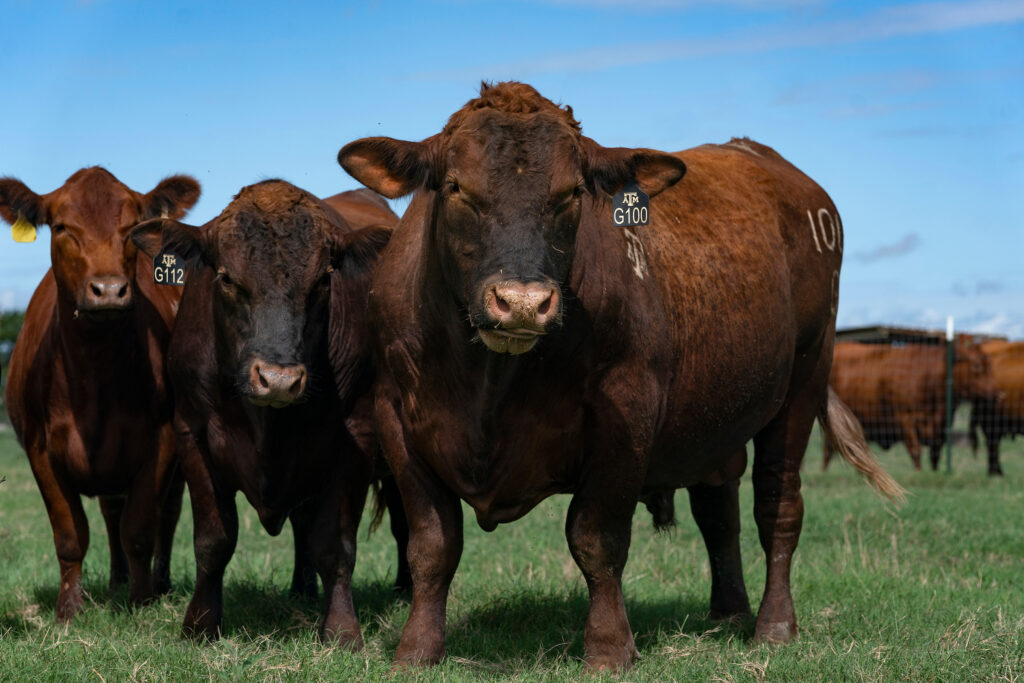
Animal Science
Animal breeding, animal nutrition, biotechnology, dairy science, equine science, food science and technology, genetics, meat science, microbiology, and reproductive physiology.

Biochemistry and Biophysics
Bioinformatics, biotechnology, cell and developmental biology, chemical biology, enzymology, gene structure and regulation, genomics, glycobiology, immunology, metabolism and bioenergetics, microbiology, plant molecular biology, proteomics, RNA biology, structural biology, and virology.
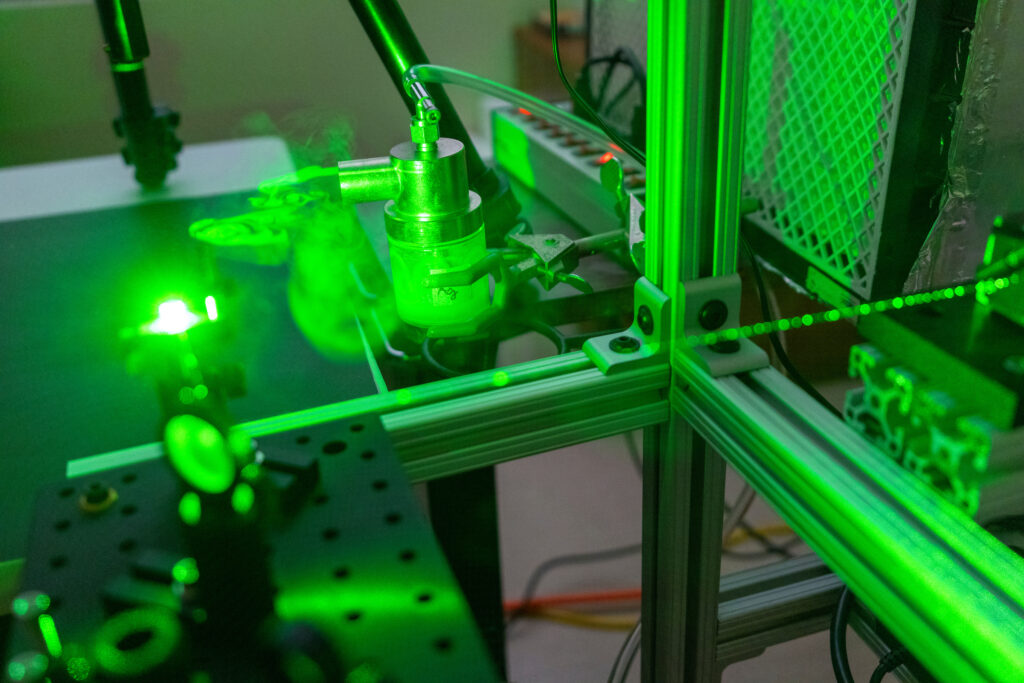
Biological and Agricultural Engineering
Power machinery; bio-energy and bio-products; food and bio-processing engineering; and environmental engineering related to soil, water, and air quality.
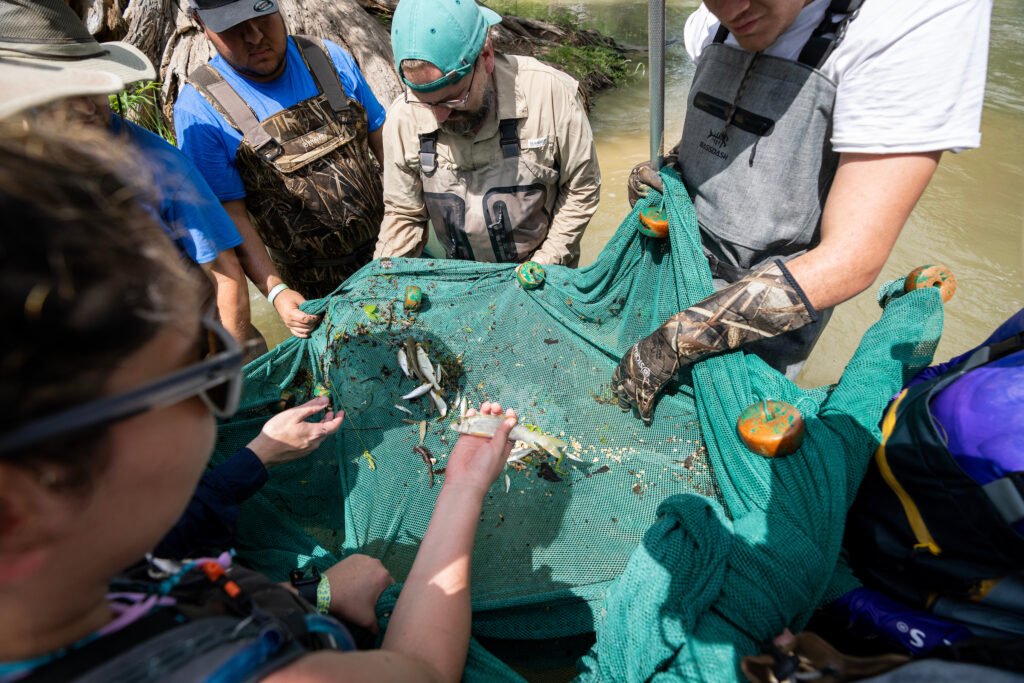
Ecology and Conservation Biology
Ecosystem management, ecosystem science, and spatial science. Biogeochemistry, biosystematics, decision-support systems, eco-hydrology, ecosystem health, ecological restoration, global change ecology, the global positioning system, human dimensions of ecosystem management, landscape ecology, natural resource economics and policy, range animal and plants nutrition, remote sensing, resource management, and spatial statistics.

Entomology
Arthropod ecology, biological control, genetics and toxicology, integrated pest management, molecular biology, physiology, plant resistance, systematics, and urban, medical/veterinary and forensic entomology.
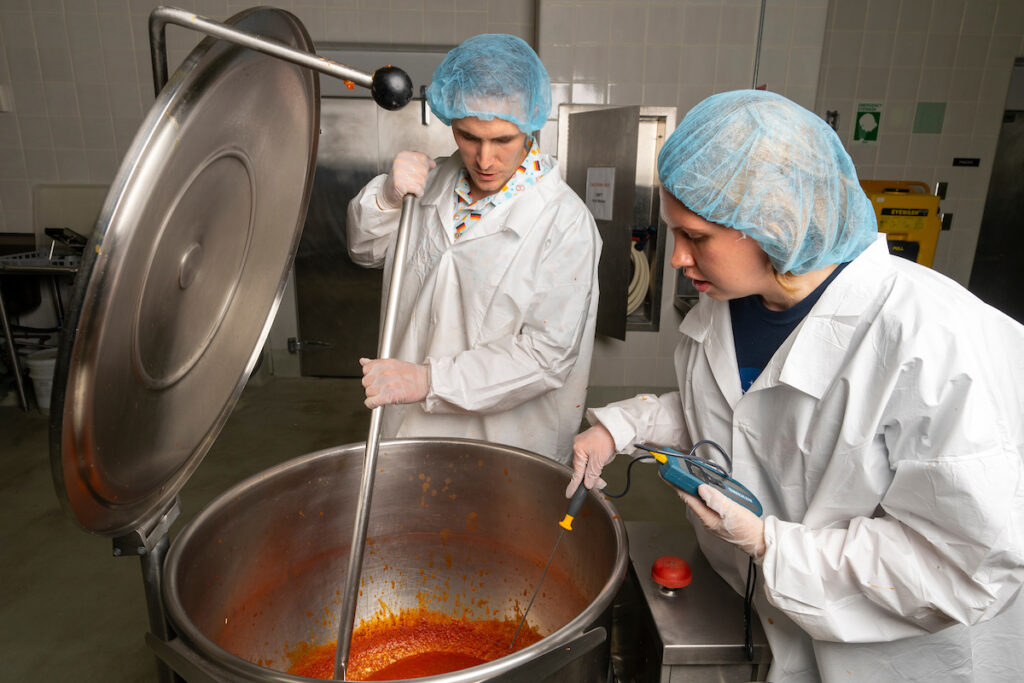
Food Science and Technology
Specialized expertise in food science technologies, encompassing food chemistry, engineering, microbiology, and processing and unique access to a wide array of laboratories and pilot facilities including commercial-scale electron beam food processing, NASA space food preparation and processing, and grain processing and baking.
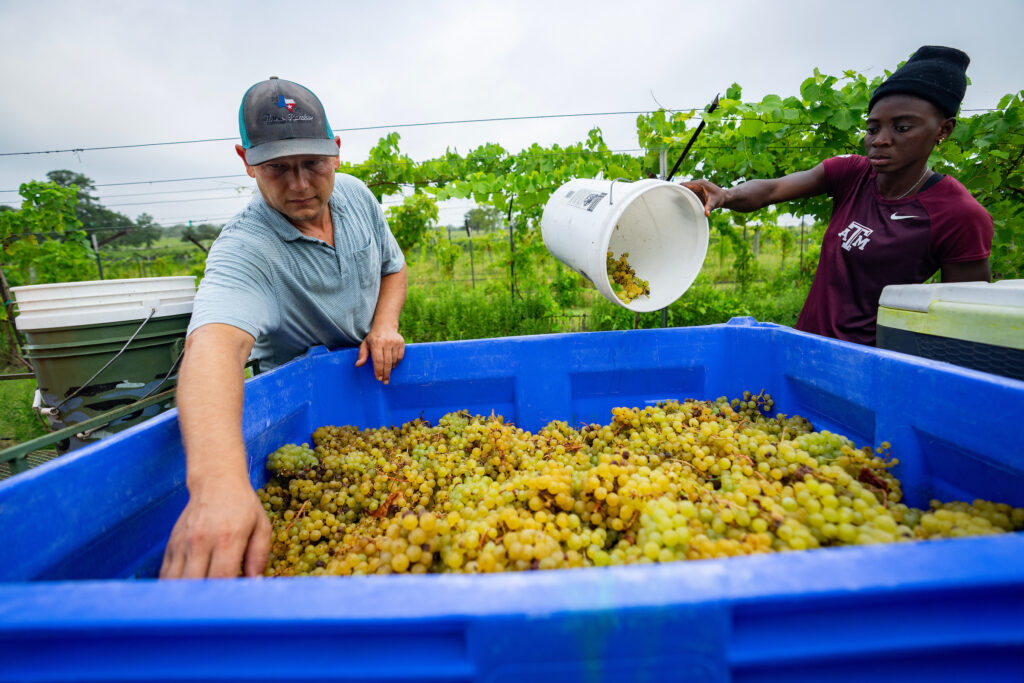
Horticultural Sciences
Stress physiology, genetics and molecular science, food science and technology, horticultural plant production, molecular and environmental plant sciences, beneficial plant-microbe interactions, plant breeding, horticultural marketing and international horticulture.
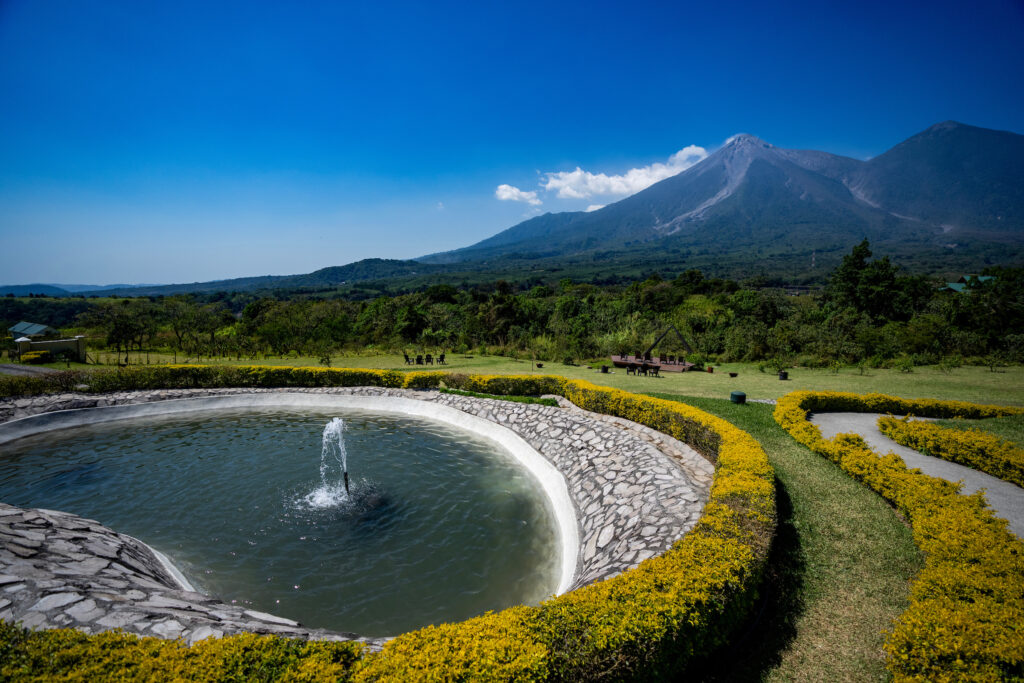
Hospitality, Hotel Management and Tourism
Theoretical and applied research that address the evolving needs and challenges of the hospitality, hotel management, and tourism sectors. Cutting-edge research that explores areas such as sustainable tourism practices, emerging technologies, destination management, cultural heritage, wellness tourism, and event management.

Nutrition
Impactful and relevant research relating to nutrition and food safety education, stem cell biology, dietary interactions, colon cancer, obesity, diabetes, dietary guidelines, community-based nutrition and physical activity intervention.

Plant Pathology and Microbiology
Bacteriology, bioenergy, bioinformatics, biological control, biotechnology, ecology and evolution, field crop pathology, forest pathology, fungal molecular biology, host-plant resistance, mycology, mycotoxins, nematology, ornamentals, RNAi, secondary metabolites, and virology.

Poultry Science
Poultry management, environmental stewardship, product quality and safety, and avian and human health. These research areas span the broad spectrum of disciplines such as physiology, reproduction, biochemistry, nutrition, microbiology, genetics, fundamental biology, genomics, and medicine.

Rangeland, Wildlife and Fisheries Management
Wildlife ecology, conservation and management; fisheries ecology and management; biodiversity and systematics; aquaculture; human dimensions of fish and wildlife resources; and marine biology and ecology.

Soil and Crop Sciences
Bio-energy, carbon sequestration, turf ecology, ecosystems, molecular and environmental plant science, genetics, water management and hydrology science, water uses and quality, and food science and technology.




